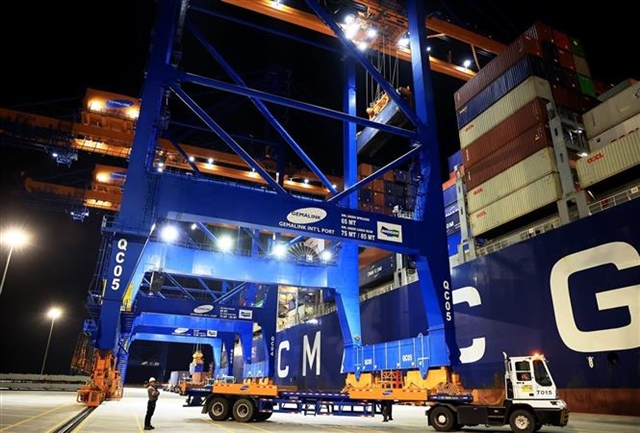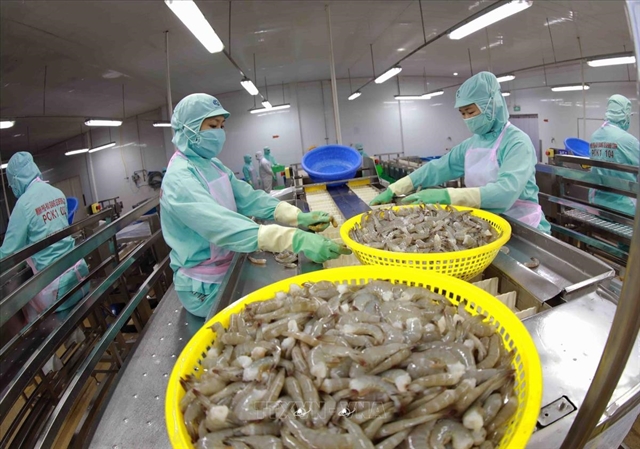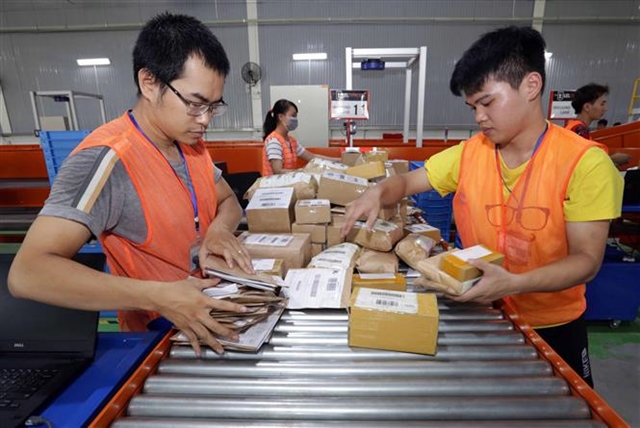 Economy
Economy

 |
| Lazada e-commerce staff sorting goods. — VNA/VNS Photo |
HÀ NỘI — Starting February 18, the value-added tax (VAT) exemption for imported goods valued under VNĐ1 million (approximately US$40) sent via express delivery will officially be discontinued.
Deputy Prime Minister Hồ Đức Phớc signed Decision No. 01/2025 on January 3, officially repealing a decision from 2010 that previously exempted taxes on express-imported goods valued under VNĐ1 million.
One of the primary reasons for this adjustment is to ensure fair competition between imported goods and domestic products. Previously, low-value imported goods were exempt from VAT, while similar domestically produced products remained subject to this tax. This disparity created a significant price difference, posing challenges for domestic businesses, especially small- and medium-sized enterprises (SMEs).
The removal of the VAT exemption is expected to level the playing field, enabling local manufacturers to compete more effectively. It also aims to encourage consumers to support locally-produced goods, fostering domestic production and consumption.
The previous Decision No. 78/2010/QĐ-TTg, issued on 30 November 2010, exempted express-imported goods valued under VNĐ1 million from both import taxes and VAT. At the time, customs declaration systems operated manually, and this exemption helped streamline administrative procedures, reduce customs processing time and minimise paperwork for low-value imports.
However, with the rapid growth of e-commerce globally and in Việt Nam, this exemption has become outdated. Estimates suggest that up to five million small-value parcels are shipped daily from China to Việt Nam through e-commerce platforms. The scale and frequency of such shipments highlight the need for a more equitable tax policy.
Over the past few years, Việt Nam has modernised its customs procedures, with the Vietnam Automated System for Seaport Customs Management deployed at ports, warehouses and logistics hubs. This system has significantly simplified customs processes, reducing congestion and expediting goods clearance. — VNS




